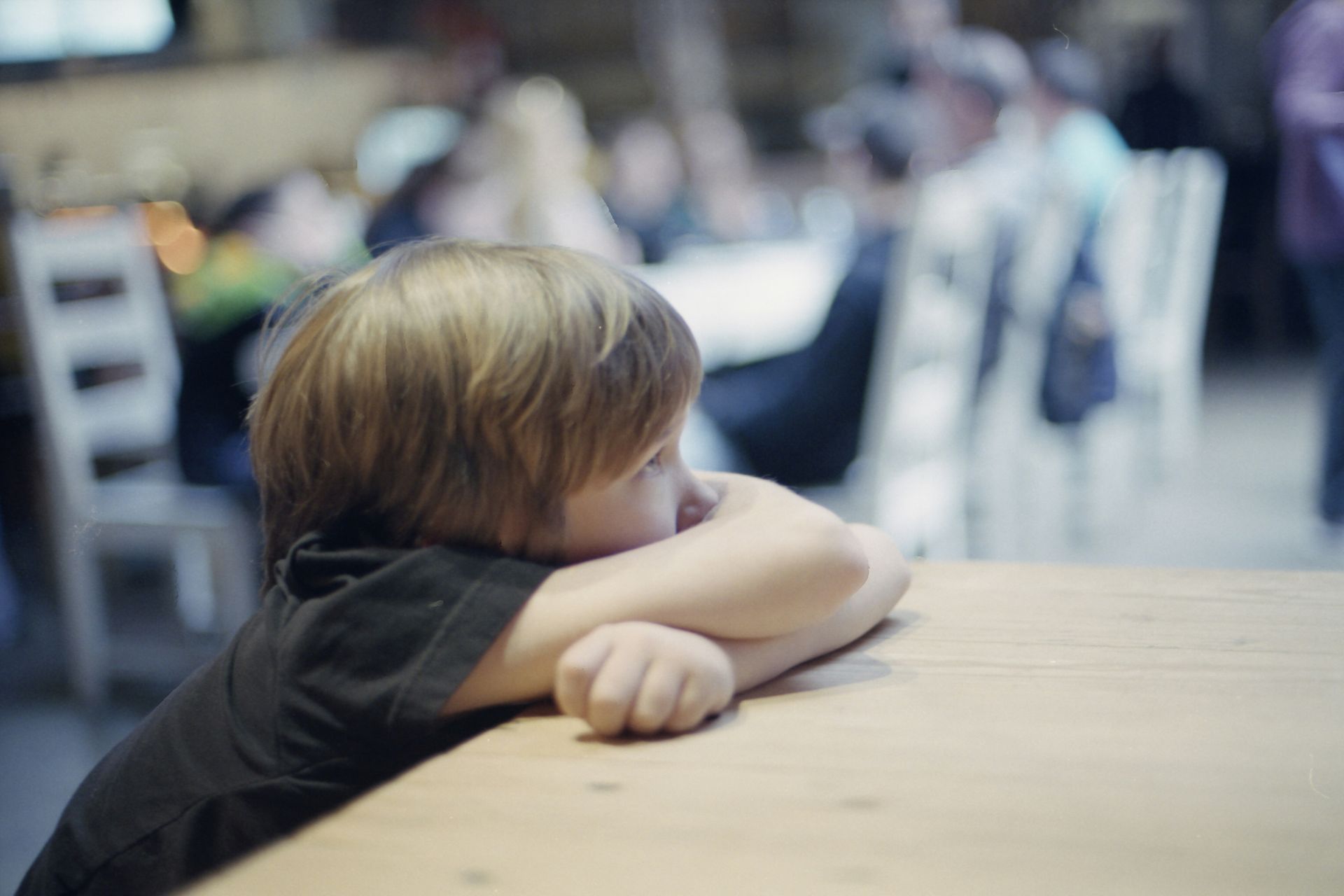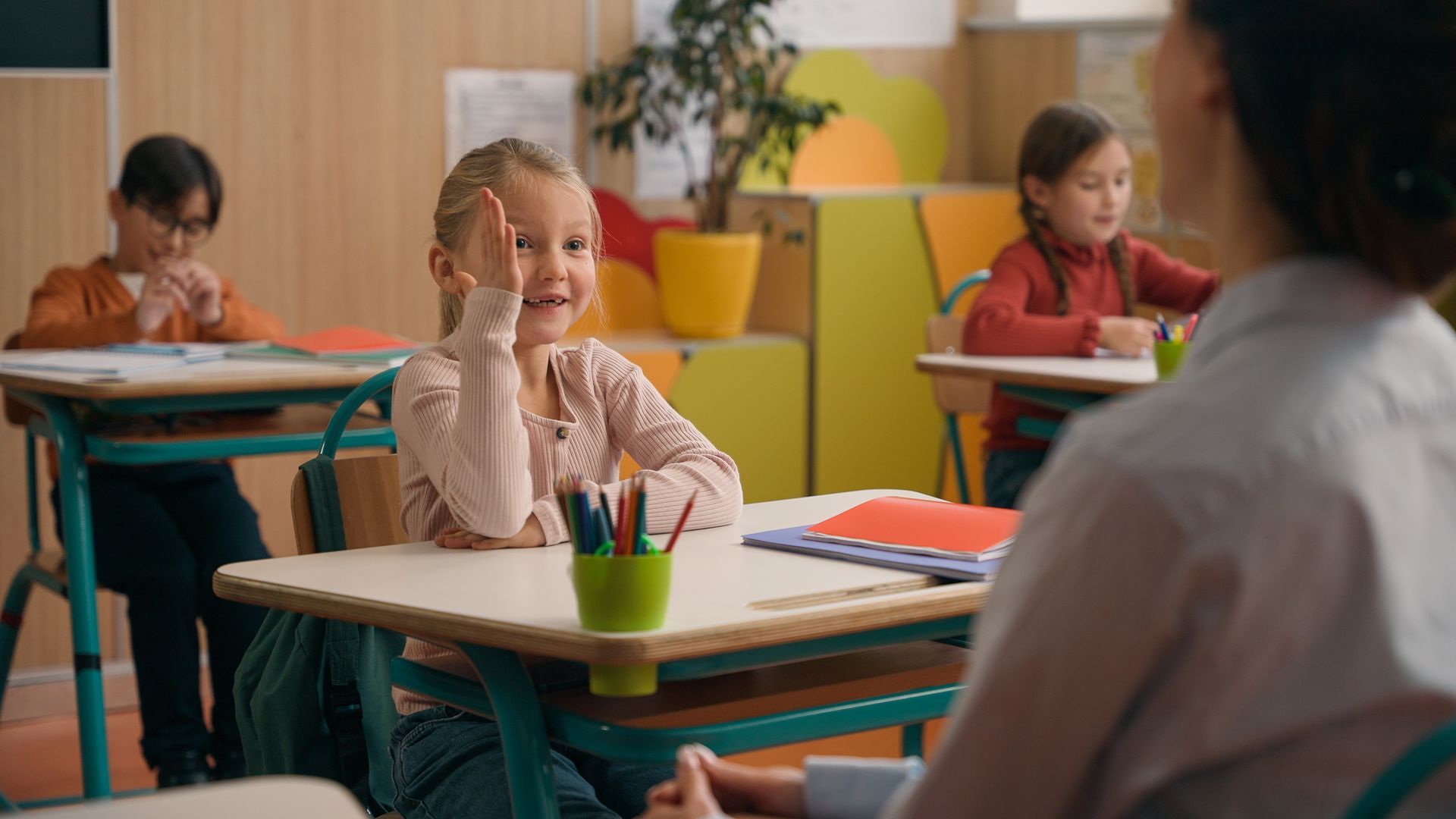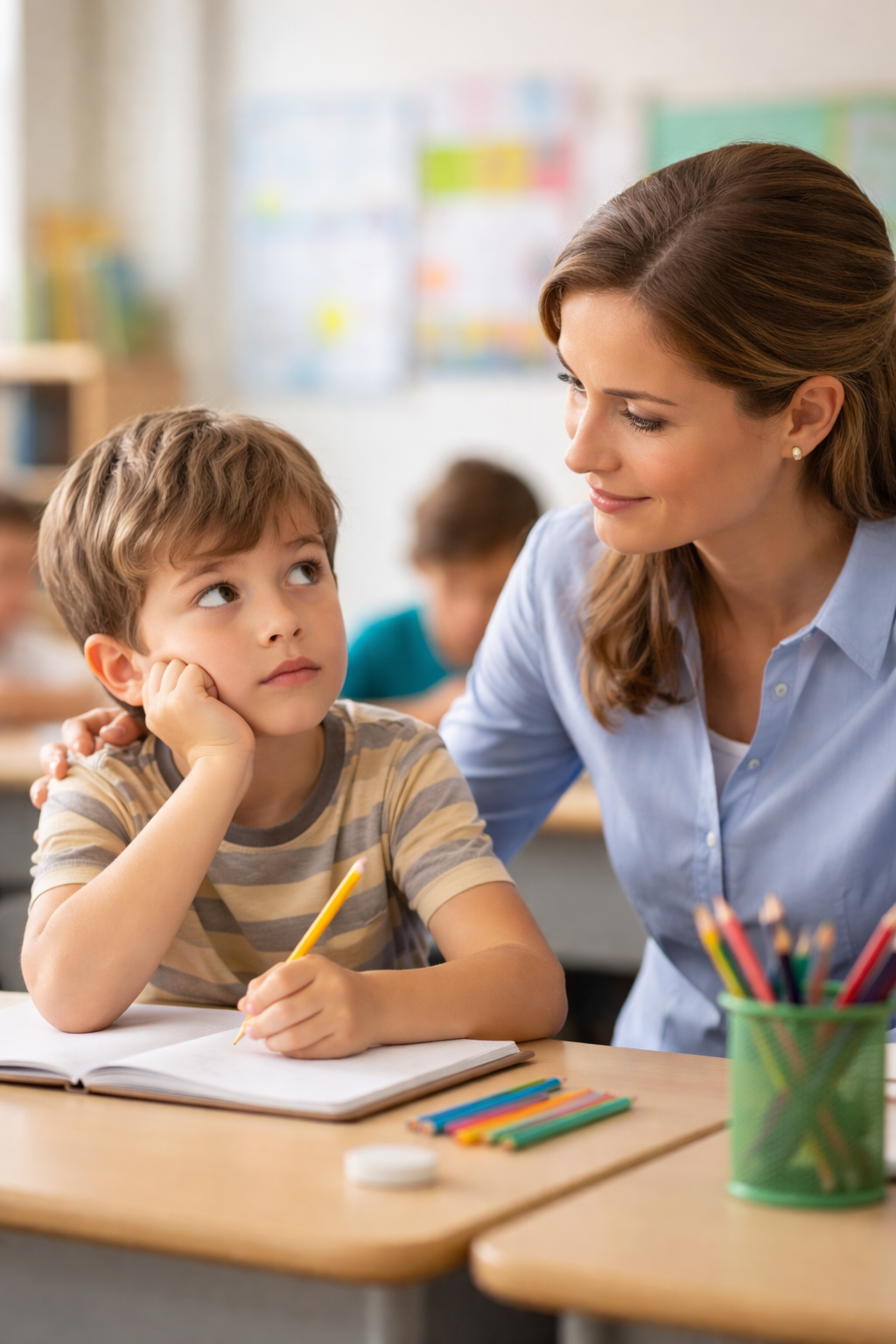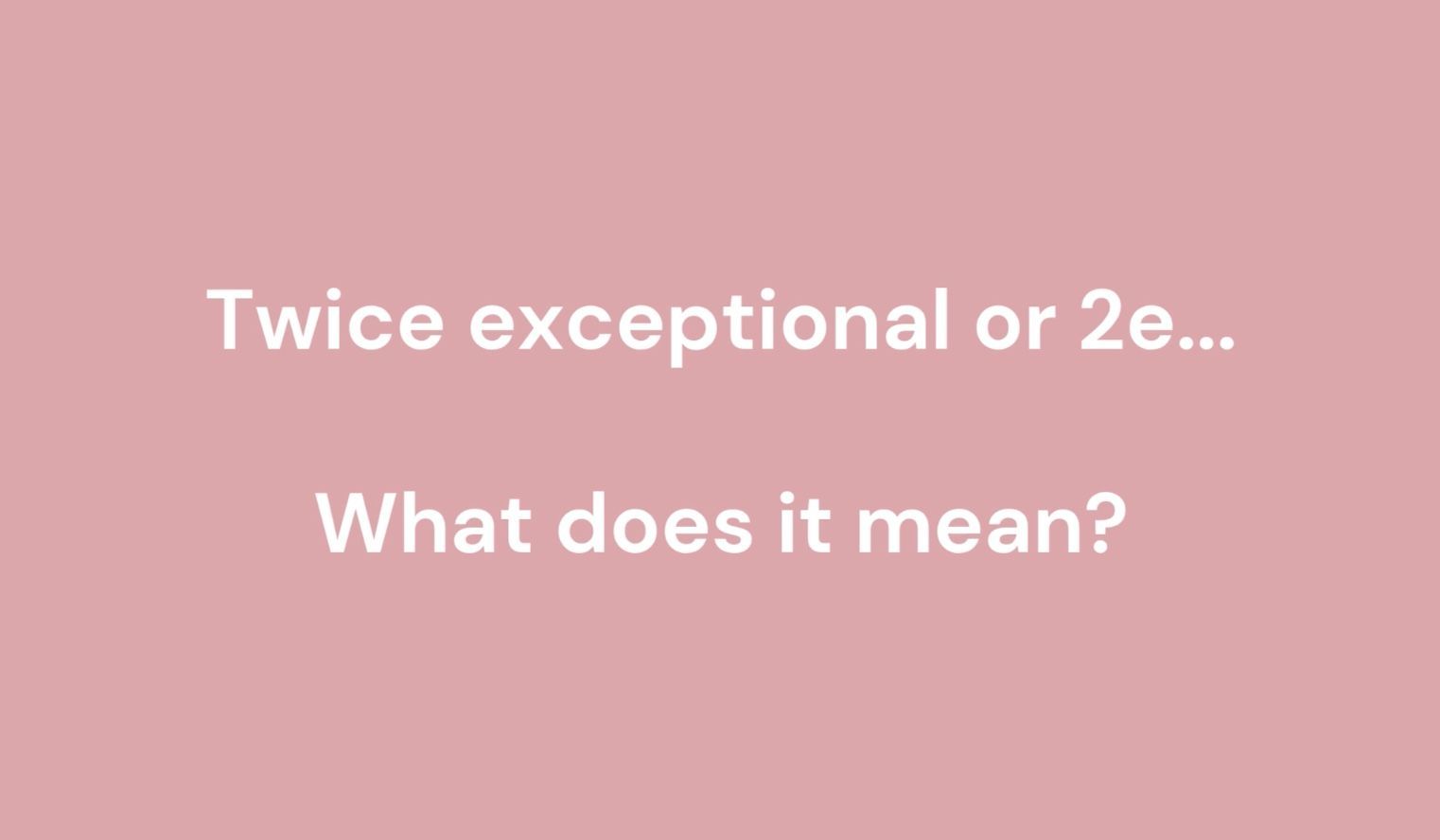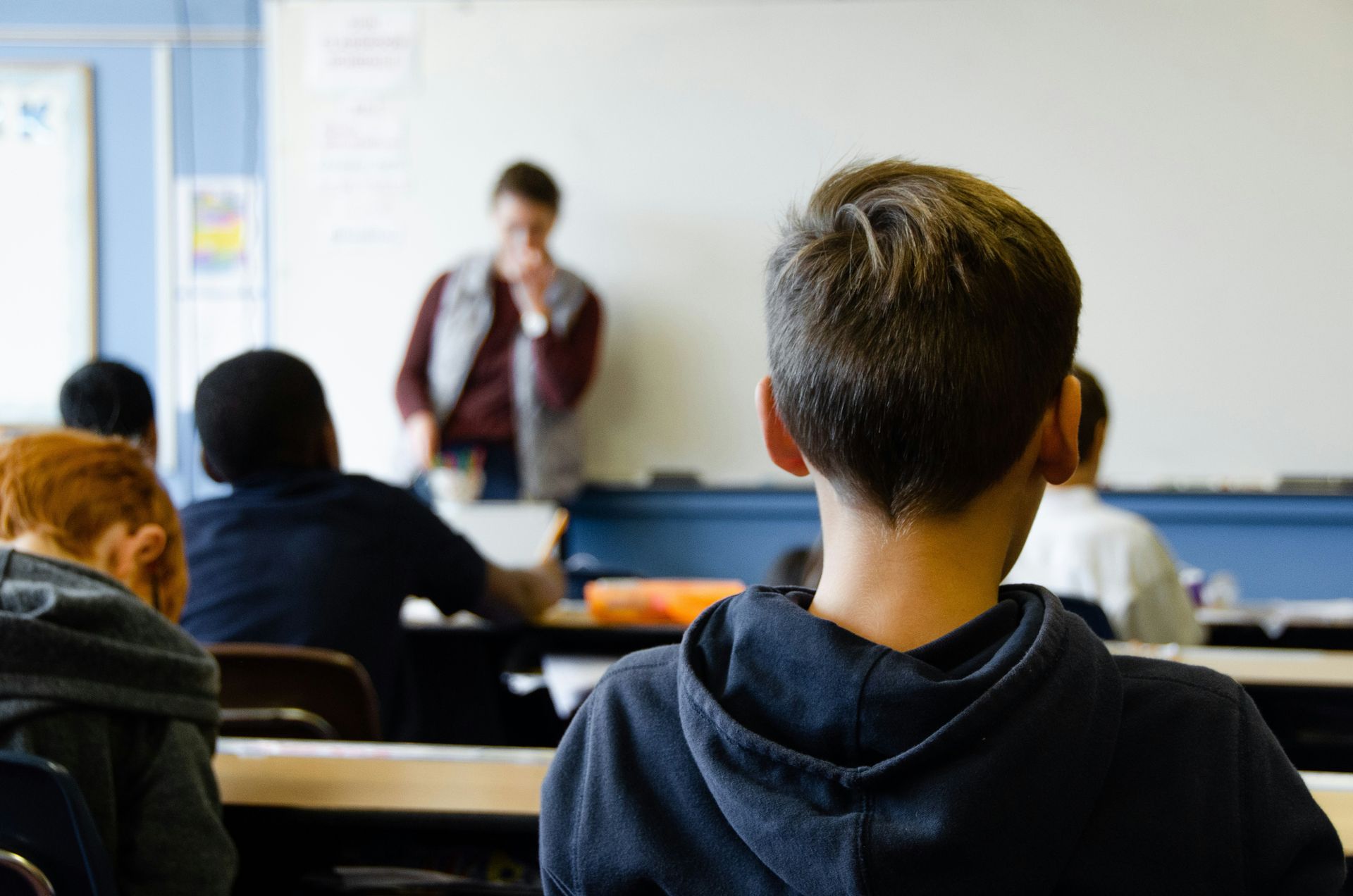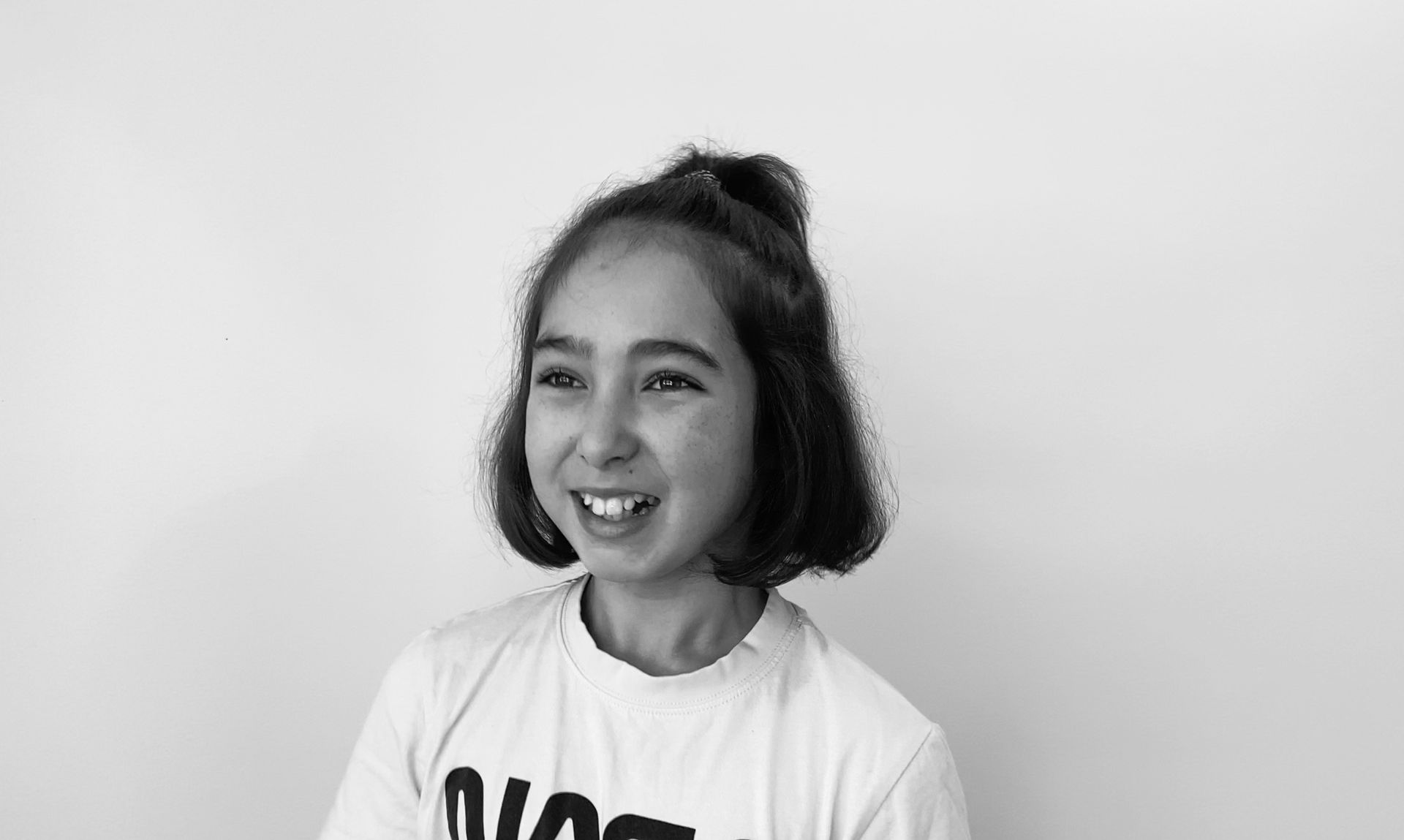Where ARE all the Gifted Kids?
Mention the phrase “gifted child” to many people, and they may immediately think of a child prodigy who is composing and publicly performing amazing music at a very young age, or one, like Sheldon Cooper in The Big Bang Theory who has achieved an undergraduate degree while barely in his teens.
While children who do this certainly are gifted, most gifted children are not achieving such dizzy heights.
Gagné defines giftedness as: The possession and use of untrained and spontaneously expressed natural abilities (called outstanding aptitudes or gifts), in at least one ability domain, to a degree that places an individual at least among the top 10 per cent of age peers.
Many of Australia’s education systems adopt this definition or one that is substantially similar, incorporating the recognition of capacity or potential (as opposed to achievement) and in particular, recognising the figure of 10%.
The actual number of gifted school-aged students in any state or territory is a matter of simple mathematics based on statistics available from the previous census. However, we can say that, on average, there are 2-3 gifted students in every classroom. This is despite the ability of some teachers to look you in the eye and tell you they taught a gifted child once. Most of these gifted students are unidentified by, and not well catered for within, our school systems, except for some selective or partially selective classes and schools – which are limited to certain states.
Why are so many of these students not identified? There are many people who link the concept of giftedness with achievement, and there are certainly some gifted students who are in the group, described by François Gagné, as “intellectually gifted and academically talented”. These are the students who are achieving highly and are generally more likely to come to the attention of their teachers and be identified as gifted. Yet this does not necessarily mean that they will be catered for. Catering for academically gifted students is sometimes viewed as elitist and therefore undesirable, yet there is absolutely no suggestion within our society that catering for those who show signs of being highly talented sportspeople is undesirable.
There is a widely held myth that gifted students will do well no matter what, but if you consider the seedlings in a vegetable patch, they are not going to grow into strong plants, flourish and produce a good crop if the garden is not nurtured, if there is insufficient water, inadequate sunlight, insufficient nutrients in the soil. Likewise, gifted students need the appropriate environment, stimulating, challenging curriculum and intellectual peers to assist them in reaching their potential.
It is important, not only for the individual but for the whole of society, that these students are given the opportunity to reach their potential: they are the leaders of tomorrow, those who are most likely to be able to sort out some of the problems the world is facing: global warming, food and water security, cures for cancer and other diseases.
While the high-achieving students in school may attract attention, they still may not be achieving to their potential. If they are achieving “A’s” without really trying, the education system is doing them a disservice and potentially not equipping them to cope with challenges down the track.
There are many students who have the potential to achieve highly who do not. Some may simply be so bored that they can not be bothered with the simplicity of the work that is on offer to them; they may spend their time daydreaming or may become disruptive. If a gifted child becomes disruptive, they generally do this very well!
Other gifted students may be asynchronous– they are gifted in one area of study, for example, mathematics, but not another, for example, the English language. Other gifted students may also have a learning disability, which can partially mask their giftedness, while their giftedness seems to compensate somewhat for their learning disability. For example, a student who is passionately knowledgeable about everything scientific but whose dyslexia makes reading difficult. These students still need to be provided with extended learning in their areas of strength.
Other gifted students experience sensitivities that impact on their ability to participate in a classroom. Sensitivities to noises cause them physical pain; emotional sensitivities result in them feeling much more deeply about the events of their world than other students their age do. These, together with the way they are perceived by teachers and classmates, can leave a gifted child feeling frustrated, lonely, isolated and knowing they are different, without really understanding why.
Some gifted students hide their giftedness to fit in with their classmates. There are stories of gifted children starting school able to read and/or write, but when they realise that this is not the “norm” for their classroom, they adjust their behaviour accordingly.
There is a belief held by some educators, that young academically gifted students do not need to be encouraged, that others will soon catch up. In some cases, this may seem apparent, but gifted students are gifted for life – they may be hiding their potential, but it is still there, and with the right environment, it can flourish again. Our athletics clubs do not hold back their fastest runners to give the slower runners time to catch up, they encourage all to train to reach their potential, to achieve personal bests and this is how we should treat our academically gifted students.
Most Australian state & territory education authorities have policies and procedures for gifted students, and for those who are identified as gifted, individual learning plans may provide access to a specific extension or enrichment programs and specify differentiated classroom learning or even some accelerated learning options. For some teachers who have identified gifted students in their classes, some professional development may be offered by the system in which they work.
Schools may offer higher achieving students the option of participating in some of the competitive challenges that provide stimulation, and this is great for those students while it lasts.
There are some teachers who are knowledgeable about and passionate about identifying and catering for the gifted students who come into their classes, but there are still many who do not understand enough about gifted students because there is little about giftedness in pre-service teacher education and the focus for ongoing professional learning is often on supporting students of lower ability.
Schools need to better identify all of our gifted students, accommodate any areas of weakness and encourage and support areas of strength. On a daily basis schools need to provide all gifted students with environments where they are challenged yet supported intellectually and in which they can work together with intellectual peers to help them maximise their potential.
Author, Lynne Maher, past president of the Tasmanian Association for the Gifted, www.tasgifted.com is a qualified teacher and the mother of a gifted son who is now an adult. Lynne advocated for appropriate school interventions for her son and he was accelerated in individual subjects as well as radical grade skipping in high school (his suggestion) to go on to achieve dux of year 12 at the age of 16 and graduate from Monash University with a double degree with honours and be the recipient of a prestigious Sir John Monash Medal.
This article is adapted from one written for Talking Point published in The Mercury in July 2019.
Disclaimer: The views and opinions expressed in this blog are those of the author and do not necessarily reflect the official policy or position of the AAEGT.
Share this resource
Resources
